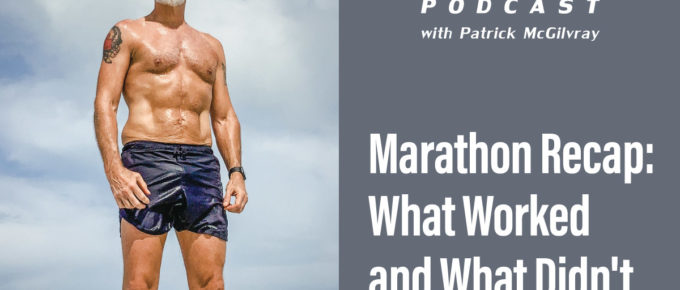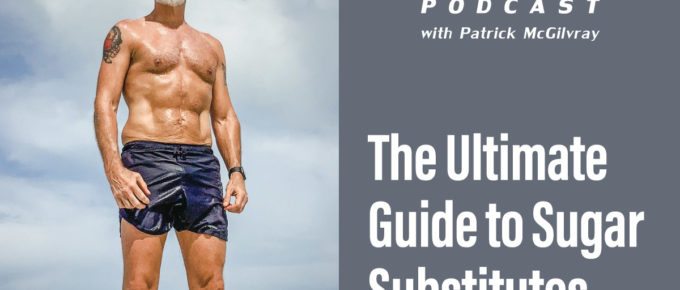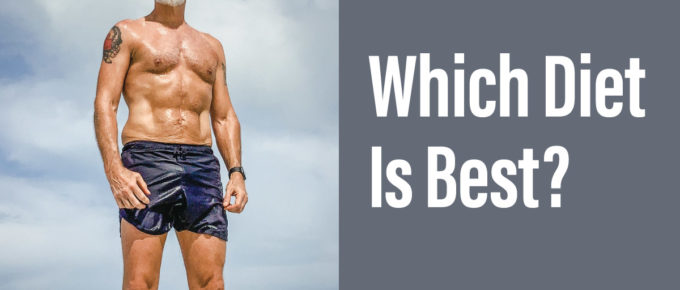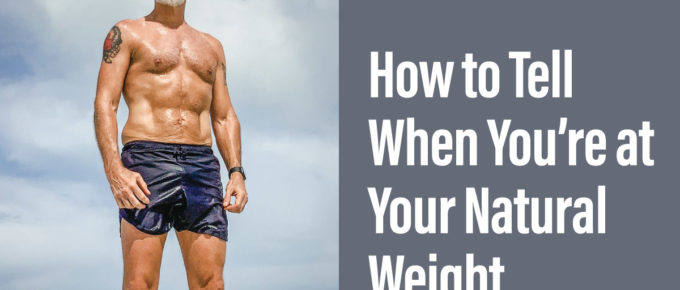The 2021 Flying Pig Marathon is officially in the books! I did some things differently this training season from a fueling perspective. Some things worked pretty well, some not so much, but I …
Continue Reading about 98. Marathon Recap: What Worked and What Didn’t →






